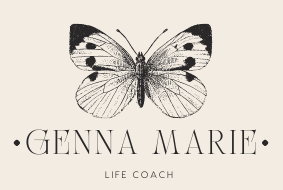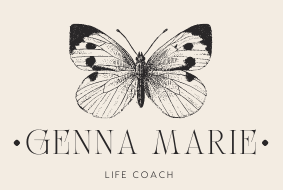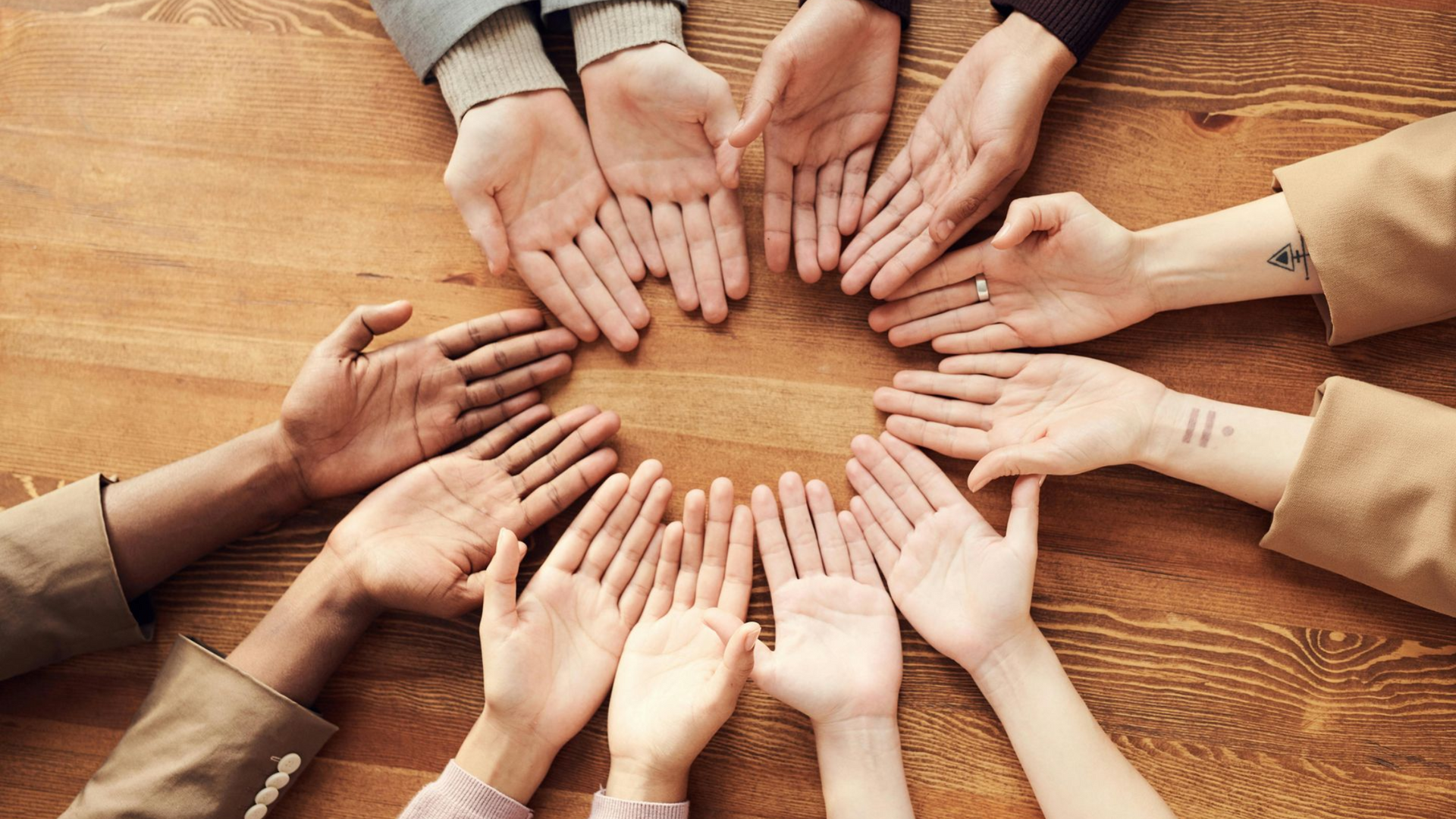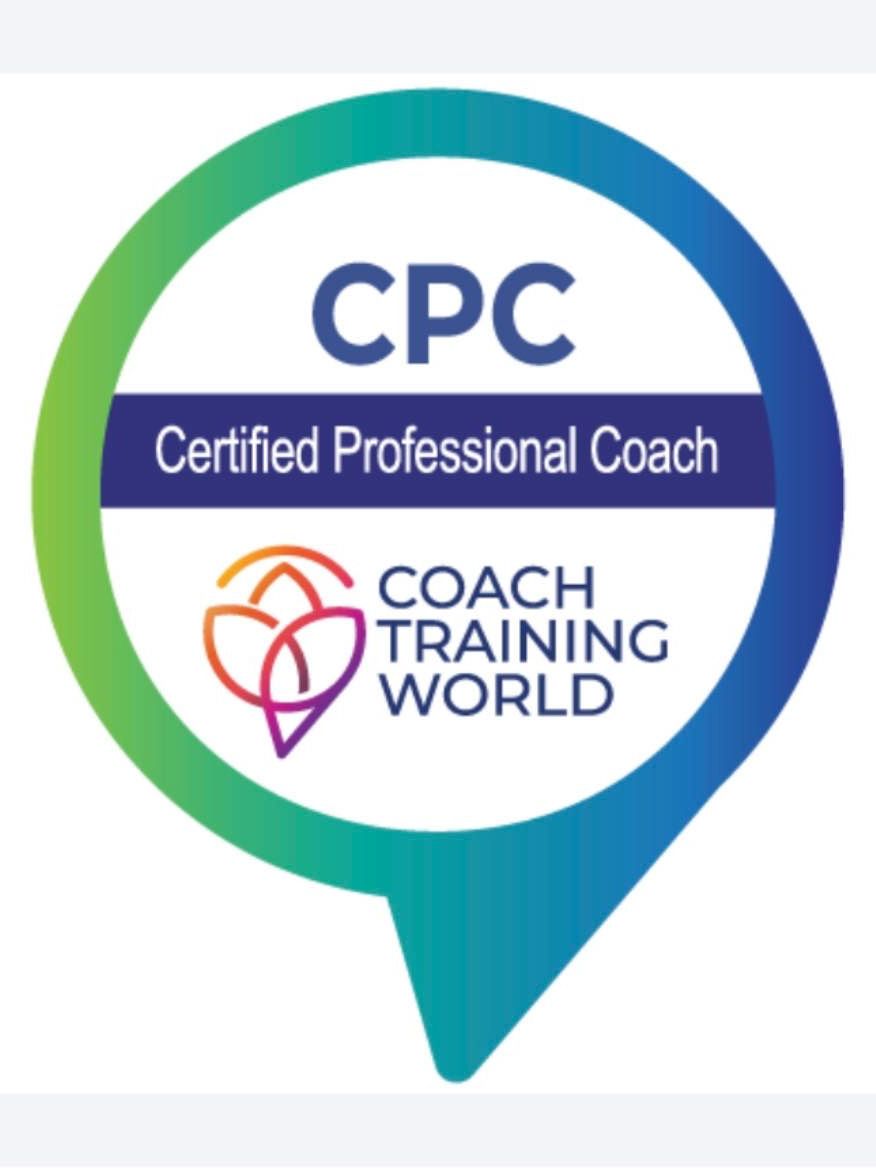The Trap of Comparisons: Why They Hurt More Than They Help
The Trap of Comparisons: Why They Hurt More Than They Help
It’s nearly impossible to move through life without comparing. We compare ourselves to friends, family, coworkers, even strangers on social media. We compare where we’re at in relationships, how we’ve handled loss, or how we’ve moved forward after something difficult. On the surface, comparisons might feel like a way to measure progress or keep ourselves motivated—but the truth is, they’re often more damaging than helpful.
⸻
Why We Compare
At its core, comparison is about seeking reassurance. If we’re struggling after a breakup, we look to see how quickly someone else has moved on. If we’re grieving, we notice how another person seems “stronger” or “further along.” If our relationship has challenges, we look at others and wonder why theirs looks easier.
This happens because our brains want a baseline—something to measure against. But the problem is, the baseline isn’t real. We don’t know the full picture of anyone else’s life, relationship, or healing process. What we’re comparing ourselves to is an illusion.
⸻
The Detriment of Comparisons
While it’s human nature, comparisons are incredibly detrimental:
• They minimize your own experience. Struggles, losses, and relationships are deeply personal. By comparing, we unintentionally dismiss our own unique needs and emotions.
• They fuel shame and guilt. If your healing doesn’t look like someone else’s, you might feel like you’re “failing”—even when you’re actually moving at the exact pace you need.
• They rob joy. Instead of celebrating what’s working in your relationship or where you’ve grown, comparison shifts focus to what you don’t have.
• They keep you stuck. Rather than moving forward with clarity, comparisons trap you in cycles of self-doubt.
⸻
Comparing Relationships
Relationships are one of the easiest places to slip into comparison. Maybe you’re looking at your best friend’s marriage and thinking they never fight, while you and your partner argue regularly. Or you see a new couple and wonder why your relationship doesn’t have that spark anymore.
But no two relationships are the same. What works for one couple may not work for another, and what looks effortless from the outside is often built on challenges you don’t see. Healthy relationships are defined by the people in them—not by outside standards.
⸻
Comparing Negative Events
Comparison doesn’t just show up in love—it sneaks into our hardships too.
“At least I didn’t go through what she did.” Or,
“Why am I struggling so much when his situation was worse?”
This kind of comparison minimizes pain. Everyone’s threshold, history, and support systems are different. What’s overwhelming for you may not be for someone else, and vice versa—and that’s okay. Pain doesn’t need to be justified by being “as bad” as someone else’s.
⸻
Shifting Out of Comparison
It’s not about never comparing (that’s nearly impossible), but learning how to notice when it’s happening and gently shifting back to yourself. A few ways:
• Practice self-awareness. Catch yourself when the thought starts: “I should be further along by now.” Ask yourself—“According to who?”
• Focus on your own path. Healing, relationships, and growth don’t have a universal timeline. Yours is valid, no matter how it looks compared to others.
• Celebrate small wins. Instead of looking at what’s missing, notice where you’ve grown—even if it feels small.
• Use compassion. Offer yourself the same kindness you’d give a friend navigating the same situation.
⸻
Final Thoughts
Comparisons will always try to creep in—but every time we buy into them, we hand over our power. You are not behind. You are not failing. You are not meant to look like anyone else’s story.
The moment you stop comparing, you can start truly living—and building relationships, healing, and growth that are authentic to you.
🦋 As a Life & Relationship Coach, I help clients recognize when comparison is taking over, uncover the beliefs behind it, and shift the focus back to their own goals and values. Together, we can create clarity, confidence, and a path forward that’s true to you.













